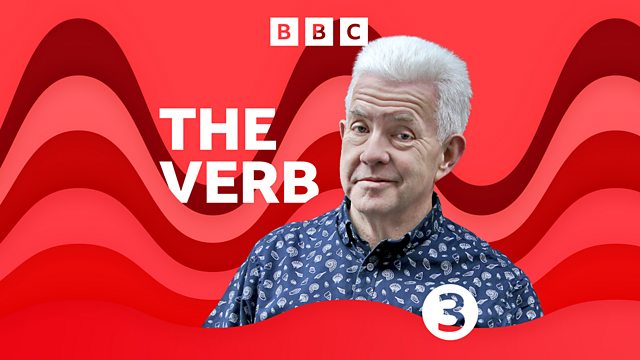
Catastrophic Language
Ian McMillan's guests include Cliodna McNulty and Nicola Davies who examine how we talk about the big consequences of some of the smallest things on the planet.
How do we convey the 'very big', the dramatic effects of climate change - or the 'very small', the world of antibiotic drugs and the microbes they attack? And how do we respond to the big 'catastrophic' words like 'apocalypse', 'abyss' and 'brink', which are sometimes used to try and convey their potential impact on human life?
Ian McMillan's guests this week include Cliodna McNulty, Nicola Davies, Emily Sutton, Adam Corner and poet Lucy Burnett who will be talking about the big consequences of getting small words right when writing and communicating on these two issues.
Producer: Faith Lawrence.
Last on
Nicola Davies

Nicola Davies is the author of the book ‘Tiny: The Invisible World of Microbes’(Walker) as well as many other award-winning books for children. Nicola explains why she chose to use the term ‘microbe’ throughout the text rather than ‘germ’ or ‘virus’, and how she met the challenge of paring down a very complex subject matter, without losing any meaning or scientific truth.
��
Emily Sutton

Emily Sutton illustrated ‘Tiny’, using her love of detail and pattern to create her own vision of microbes. ‘Tiny’ is the first non-fiction back that she has worked on, and Emily wanted to make the subject matter accessible for people like her, who don’t have a scientific background.
Lucy Burnett

The poet, photographer and creative writing lecturer Lucy Burnett is troubled by our desire to ‘solve’ climate change, and tells us why the verbs used in some campaign material suggest a misunderstanding of the issues we face. Lucy reads an extract from her collage poem ‘Climate Labyrinth’, and explains that she created the poem using real headlines about climate change. Lucy’s latest poetry collection is ‘Leaf Graffiti’ (Carcanet)
��
Adam Corner

Adam Corner is from Climate Outreach. He explains that climate change is the ultimate intangible risk, and communicating effectively about issues like this can be difficult, as apocalyptic language often makes people switch off. Instead, he stresses the importance of narrative, and clear, fluid prose.
��
Cliodna McNulty

Professor Cliodna McNulty from the British Association for Antimicrobial Chemotherapy shares some of the problems involved in trying to communicate the dangers of antibiotic resistant infections. She discusses the semantic problems surrounding the definitions of words like ‘antibiotic’ and ’antibacterial’, and explains why it’s so important for GPs to make the risks of using such drugs pertinent to the individual patient.
��
The central resource to help clinicians and commissioners improve antibiotic prescribing in primary care��
A��European wide antibiotic and hygiene teaching resource for junior and senior school children
��
A��simple action based pledge and encourage others to join you in protecting antibiotics against the growing threat of antibiotic resistance.
��Rachael Allen

Rachael Allen is this week's Podcast Poet. Rachael takes us inside her new poem��'Prawns of Joe', a poem��she wrote in��response to Selima Hill.
��
Broadcast
- Fri 23 Oct 2015 22:00����ý Radio 3
����ý Arts
Explore the ����ý Arts website and discover the best of British art and culture.
The Dylan Thomas Collection
Listen to programmes, poetry readings and commentary from Radio 3's Dylan Thomas Day.
Podcast
-
![]()
The Verb
Radio 3's cabaret of the word, featuring the best poetry, new writing and performance



